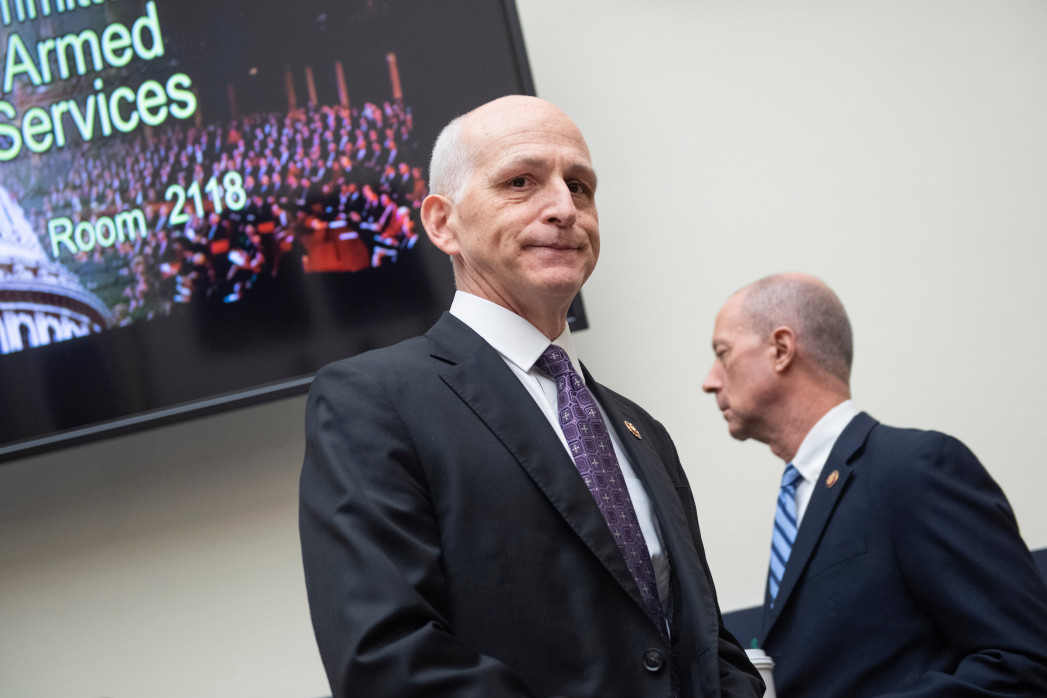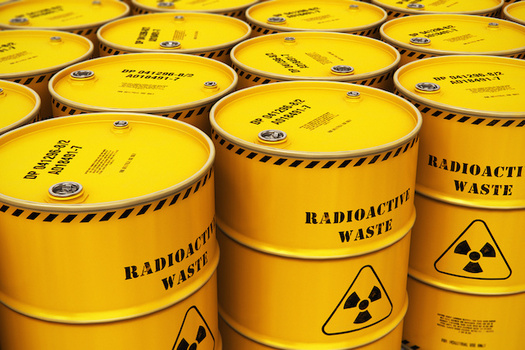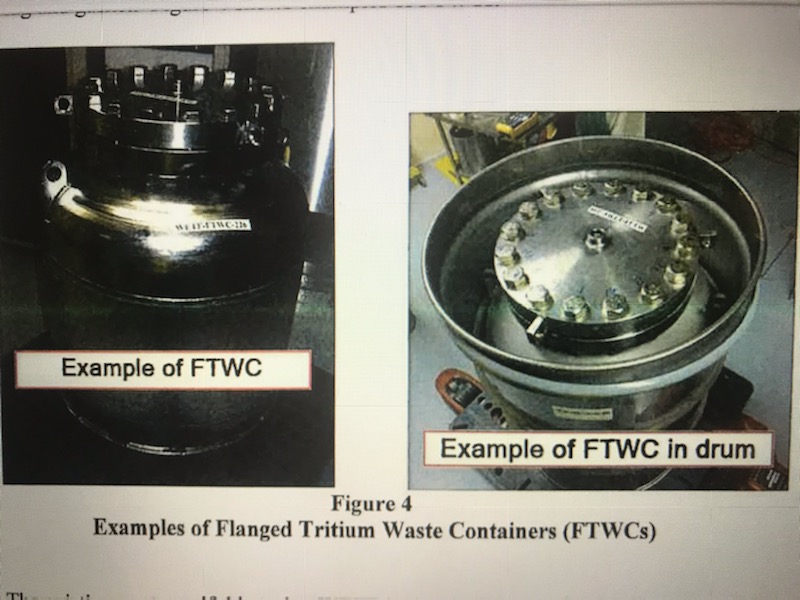FOIA Documents Confirm Profiteers Still Pursuing Scheme to Dump Highly Radioactive German Spent Fuel (Graphite “Pebbles”) at SRS – Should be Terminated
 SRS and the German entity Jülicher Entsorgungsgesellschaft für Nuklearanlagen (JEN) are still working on the scheme to import German highly radioactive graphite spent fuel from the Jülich, Germany storage site to SRS for reprocessing and dumping. That this bad idea to import the nuclear waste in large CASTOR casks is continuing has been confirmed in documents obtained by SRS Watch in response to a Freedom of Information Act (FOIA) request received on April 7, 2020.
SRS and the German entity Jülicher Entsorgungsgesellschaft für Nuklearanlagen (JEN) are still working on the scheme to import German highly radioactive graphite spent fuel from the Jülich, Germany storage site to SRS for reprocessing and dumping. That this bad idea to import the nuclear waste in large CASTOR casks is continuing has been confirmed in documents obtained by SRS Watch in response to a Freedom of Information Act (FOIA) request received on April 7, 2020.
SRS Watch first alerted the public in 2013 – at a SRS Citizens Advisory Board meeting – that the US-Germany waste deal was at hand, forcing SRS to admit that was indeed the case. Pursuit of he deal has been dragging on since 2012.
Continue reading

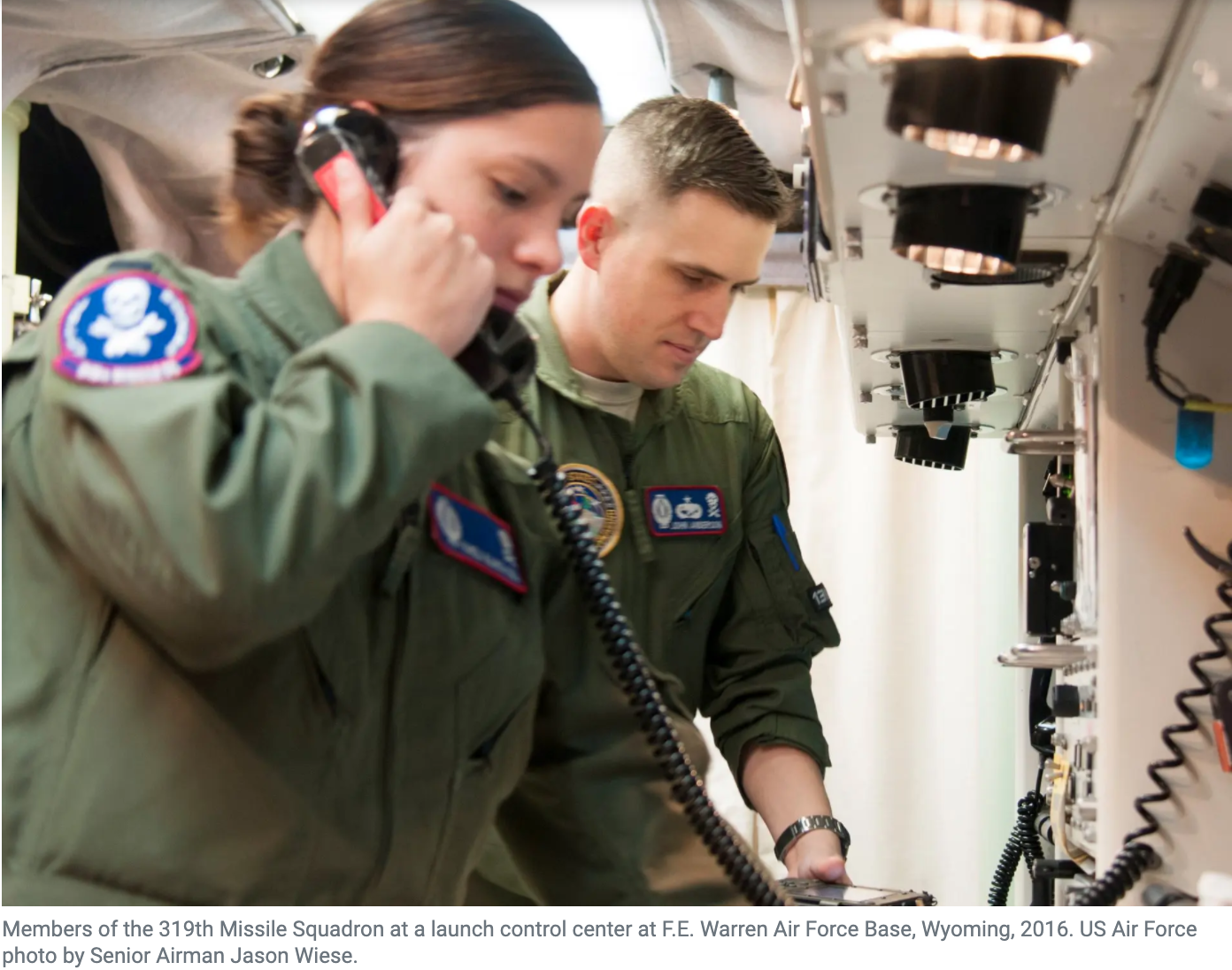

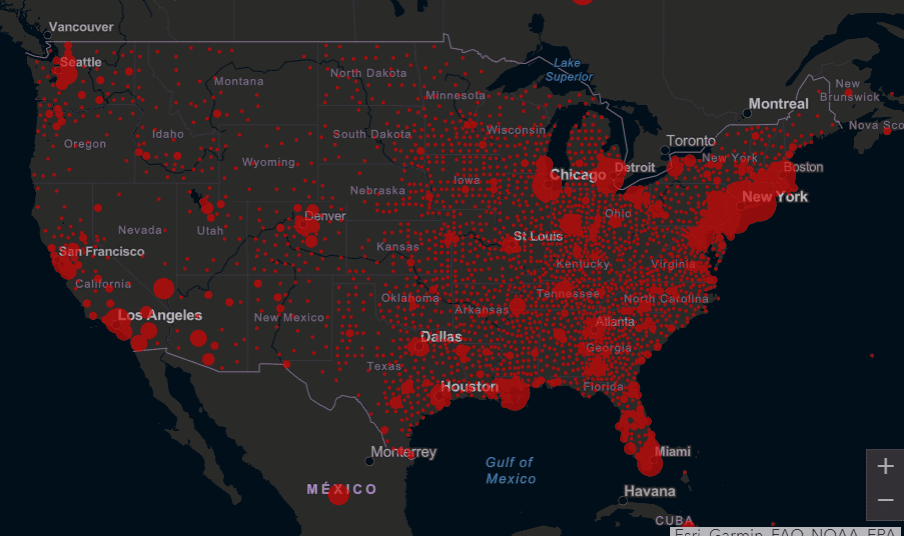
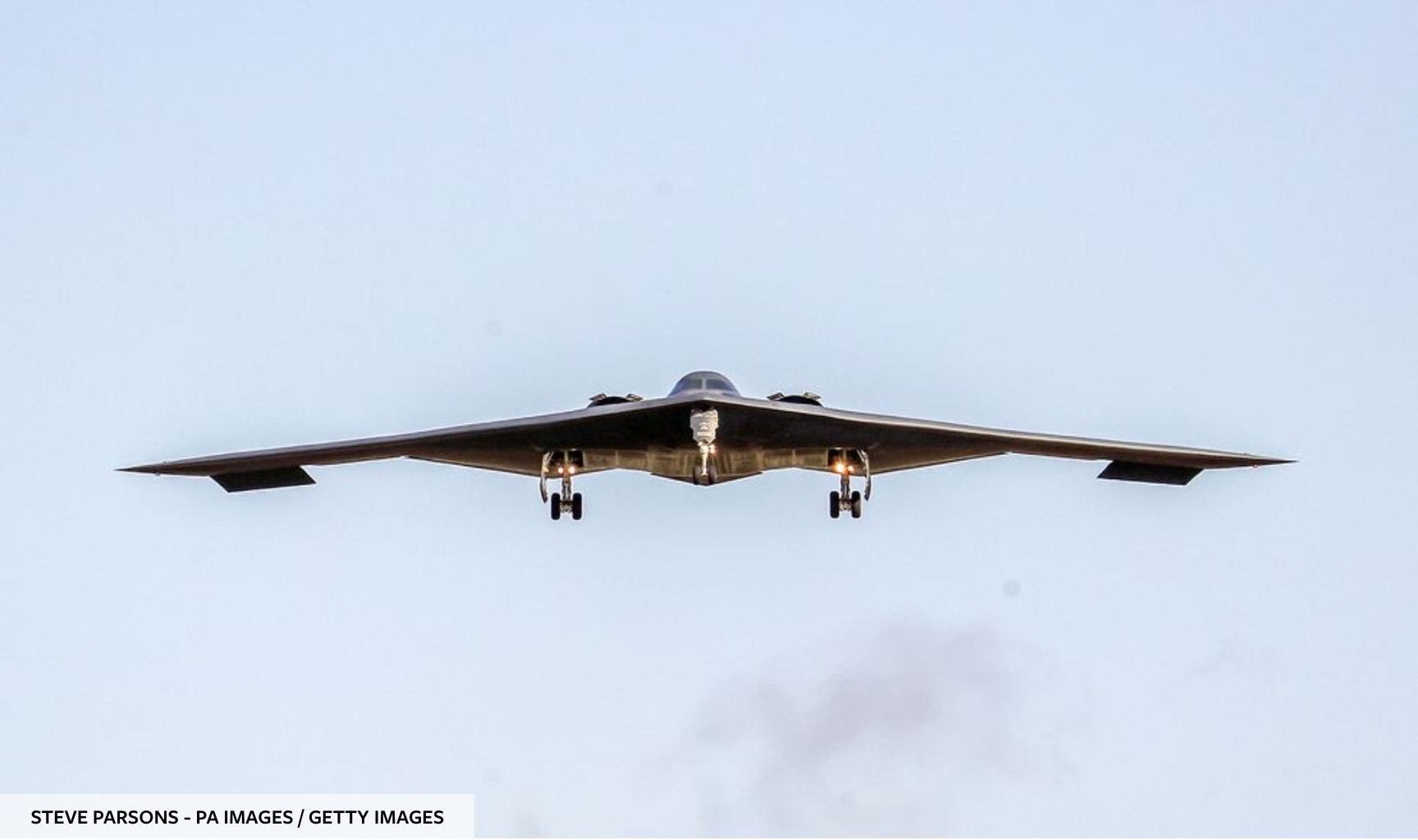
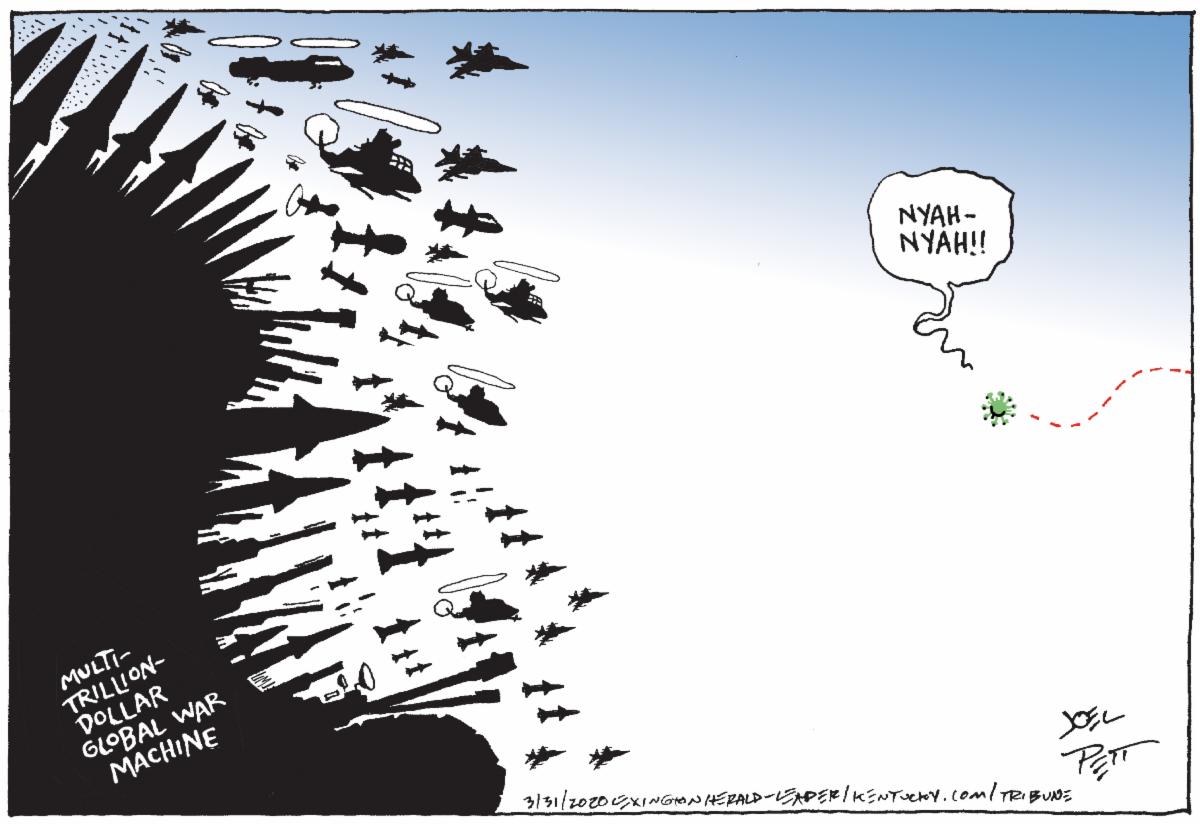
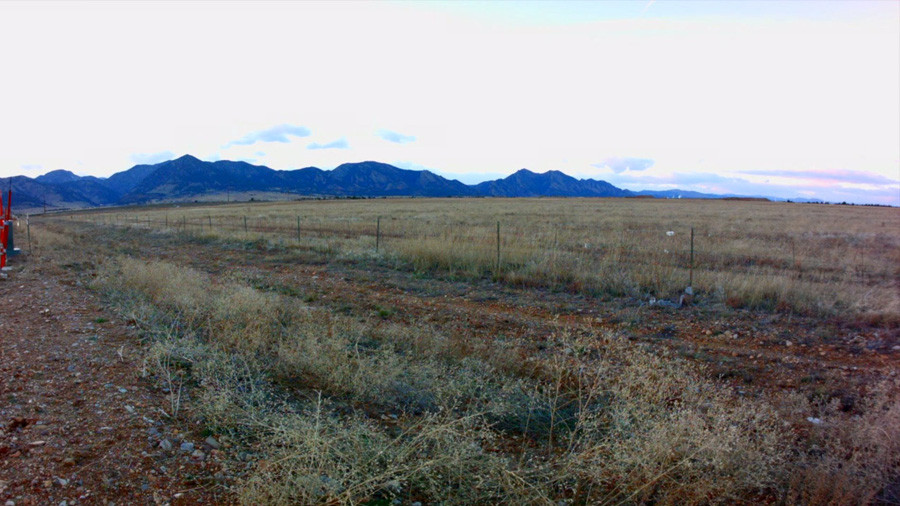

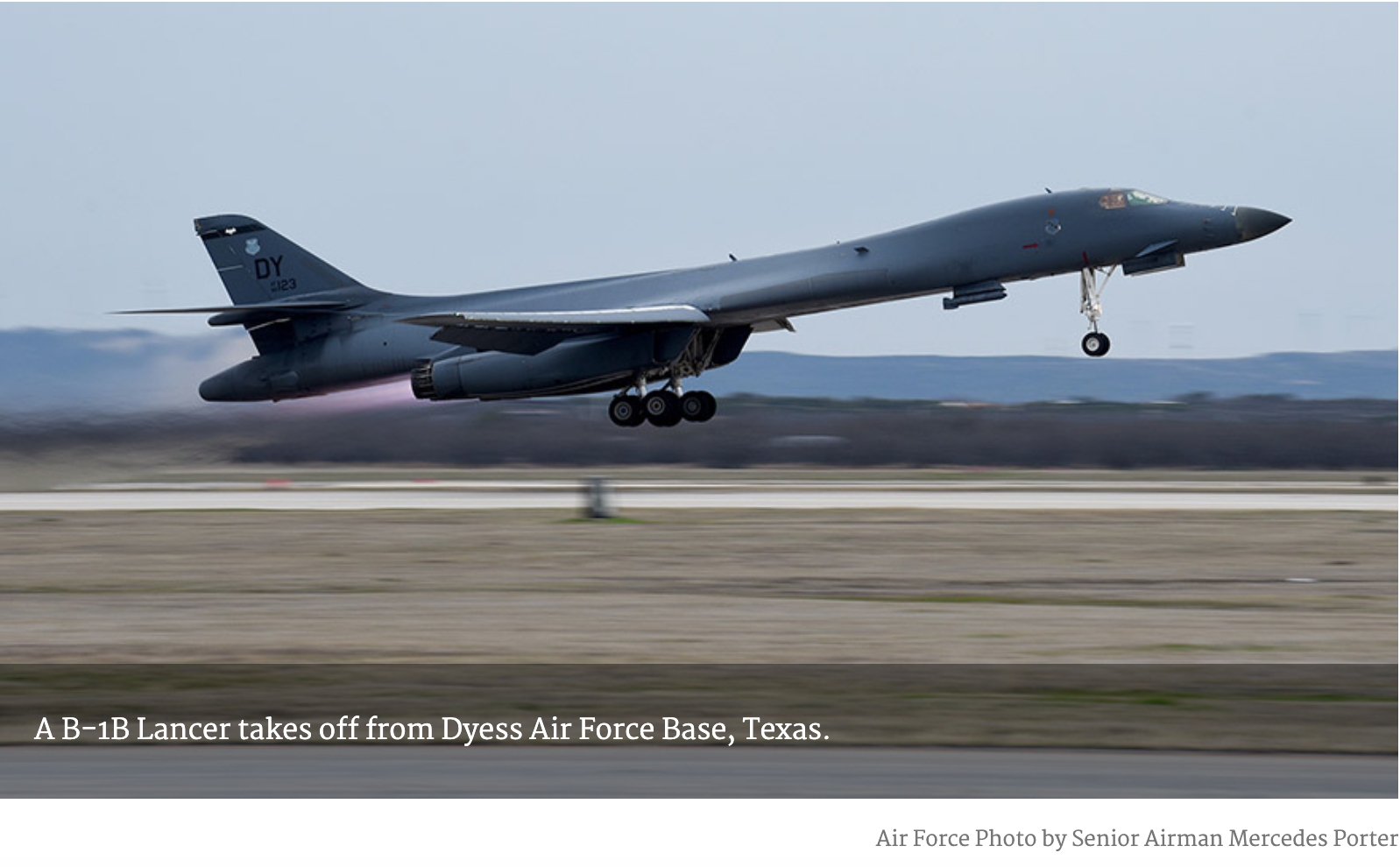
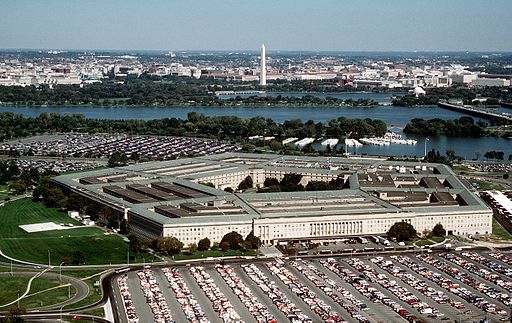 WASHINGTON — The coronavirus pandemic could delay federal funding bills, including the annual Pentagon spending and policy law, if the outbreak continues to paralyze American life into the summer months, a top House lawmaker on defense issues said Tuesday.
WASHINGTON — The coronavirus pandemic could delay federal funding bills, including the annual Pentagon spending and policy law, if the outbreak continues to paralyze American life into the summer months, a top House lawmaker on defense issues said Tuesday.